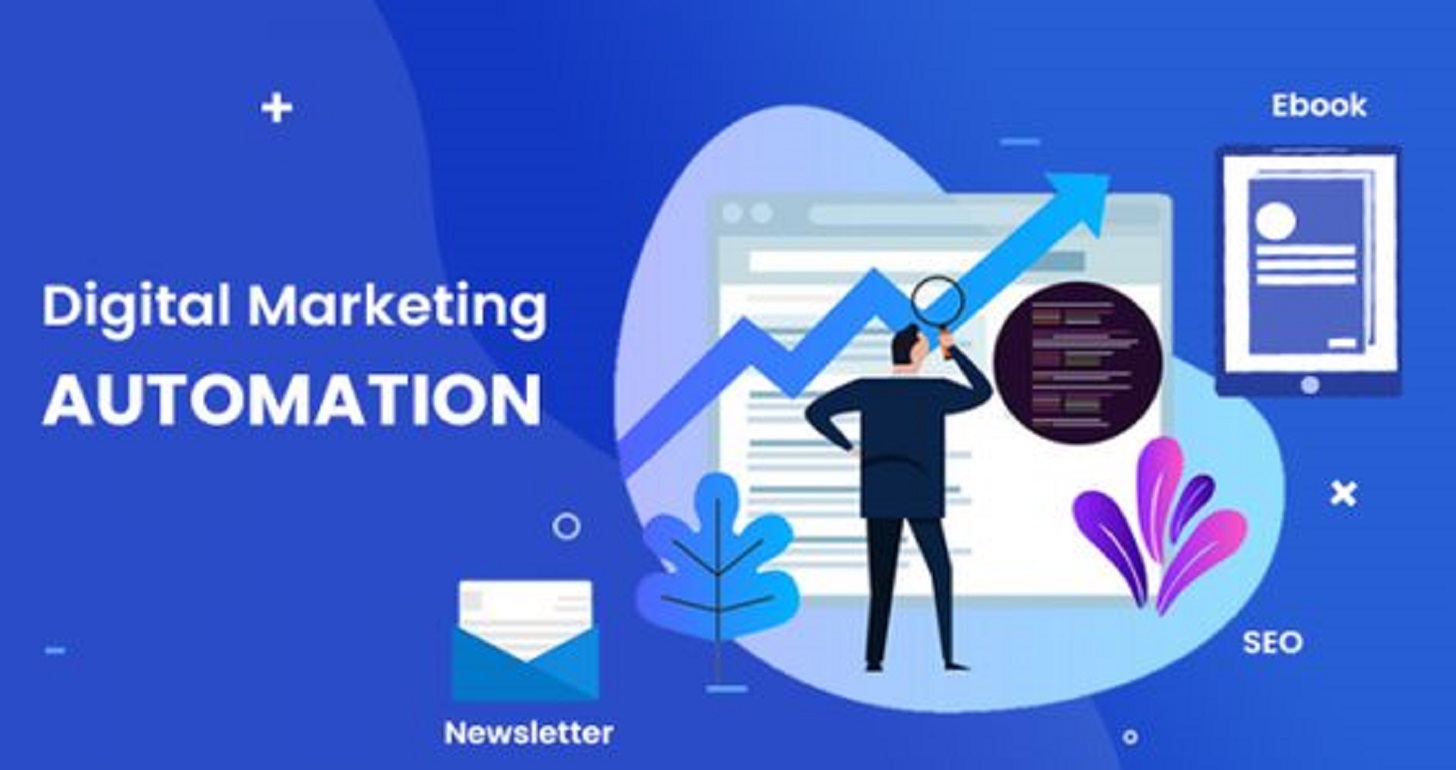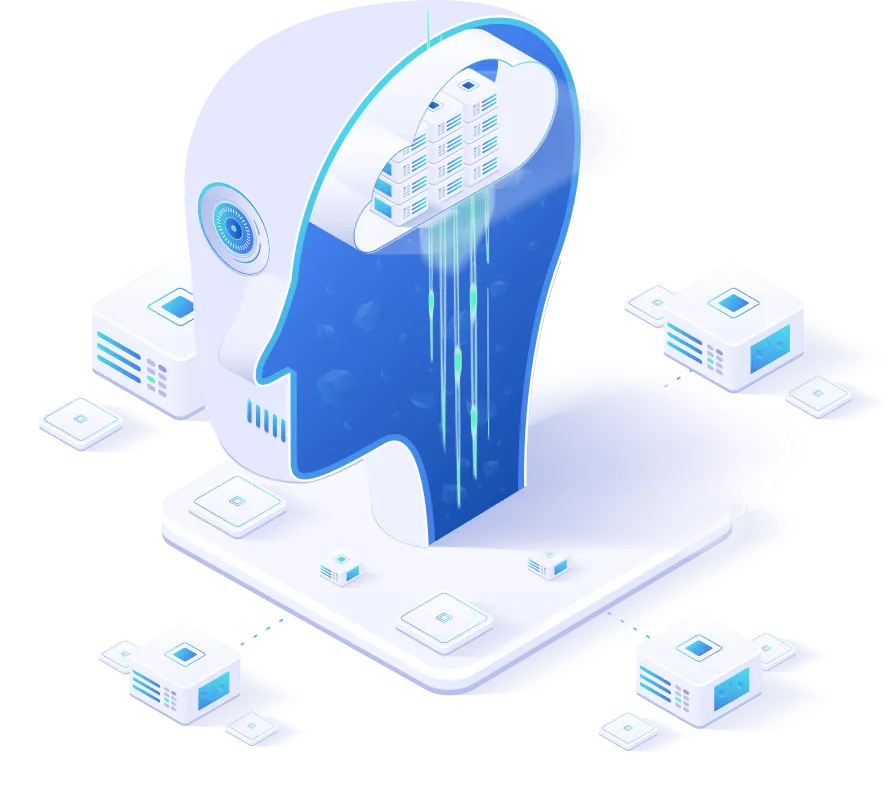Marketing automation software can improve marketing productivity and increase lead quality. Here's what you need to know before adopting a marketing automation platform.
Marketing automation is the use of software and web-based services to execute, manage, and automate repetitive marketing tasks and processes for more effective marketing through multiple channels. (i.e. email, mobile devices, social networks and websites). Marketing automation focused on identifying, scheduling, segmenting, and tracking marketing campaigns, enabling sales and marketing organizations to nurture leads with highly personalized content to attract and retain customers.
Today, marketing automation is one of the core activities of a marketing department – whether for a small local business or a large consumer or B2B business. But the platforms that power these operations continue to evolve.
What is marketing automation?
Investing in marketing technology continues to be a priority for businesses as a whole, as they strive to meet the growing need for personalization and the need to collect, authenticate, and analyze vast amounts of consumer data. Users are growing rapidly to improve customer experience (CX). For B2B players, this often means using a marketing automation platform.
Most marketing automation solutions provide tools to develop and execute email campaigns (including landing pages), as well as collect, score, and nurture leads. These platforms also often provide a centralized marketing database and basic level of reporting on web traffic, visitor behavior, and campaign results.
Combined, the core features offered by most of the marketing automation platforms covered in this report include:
- Email marketing and landing page development;
- Lead management (i.e., capture, score and nurture);
- Native CRM integration; and
- API or App Market to access the martech system faster.
The more basic functions of marketing automation have become somewhat commoditized, so platform providers are primarily looking to differentiate their offerings based on scalability (especially in the case of scalability). is for new marketing channels), usability, ease of implementation, and customer experience features. One particularly rapidly growing area involves the use of artificial intelligence and machine learning for audience recommendation or messaging.
Platform providers are also looking to differentiate themselves by providing more support to increasingly sophisticated customers who already use the software and who are looking to justify an investment. by demonstrating ROI.
All of this means that the market is rapidly evolving, as marketers demand integrated marketing functionality that quickly translates into bottom-line profits. Vendors continue to add more advanced features to give marketing end users the ability to build, track, and manage campaigns across channels and/or devices, and track the flow potential customers as they move from marketing to sales.
These features include, but are not limited to:
- Dynamic content creation (emails, landing pages and/or web pages);
- Email support tools;
- Account-based marketing (ABM);
- Mobile marketing;
- AI-based predictive analytics; and
- Lead/social profile integration.
Why do you need a marketing automation platform?
Marketers at companies of all sizes can gain these benefits from a marketing automation platform:
Increase marketing effectiveness. Automate the manual, time-consuming tasks around content creation, management, and personalization; campaign scheduling and execution; data sanitization (i.e. duplicate or inconsistent data located in different silos); communicate with sales; and lead nurturing saves time and improves productivity.
Enhance your ability to generate more and better quality leads. Marketing automation can combine multiple criteria, including demographic, dynamic, and behavioral data (pages visited, downloads, forms filled out) with a lead scoring system to generate and identify qualified sales leads.
Omnichannel view of potential customer behavior. Today's digital marketing automation platforms are integrating multiple channels and devices — including social media and mobile devices — to create a more comprehensive lead profile and holistic view. about the behavior of potential customers.
Better alignment of sales and marketing goals. Marketing automation software can help align sales and marketing efforts to ensure that sales reps are working with sales-ready leads. By working collaboratively to establish scoring parameters and identify qualified leads, sales and marketing become one team. Marketing works on building relationships with early-stage leads to enable sales to focus their efforts on the highest quality leads.
Improve lead conversion rate and ROI. Many studies have found that using a marketing automation system can increase conversions. Forrester found that B2B marketers implementing marketing automation would increase their 10% contribution to their sales process. According to technology research firm Nucleus Research, marketing automation can help increase sales productivity by 15% as well as reduce marketing costs by 12%.
The role of marketing automation platforms
In May 2019, Forrester's Laura Cross, Vice President and Principal Analyst for Account and Demand-Based Marketing, speculated that MAP had "not evolved to keep up with demand marketers' demands. modern". Indeed, marketing automation platforms are so well established that they are rarely discussed. For example, it is difficult to find independent forecasts for marketing automation spending, with the latest figure from Forrester forecasting global spending to reach $25.1 billion by 2023, an increase from $11.4 billion in 2017. However, that number was announced in April 2018 as its Marketing Automation Technology Forecast, 2017-2023.
So far, however, there is no indication that marketing automation platforms will go extinct. However, companies in the MAP category expand into areas like “multimedia marketing hubs” or “CRM lead management” or “account-based marketing.” Notably, marketing automation platforms have absolutely no place on Gartner's Hype Cycle for Digital Marketing, 2021. This is likely because it has moved into what Gartner calls a “highland of productivity. “?
Where marketing automation vendors seem to be giving up a bit of territory is from customer data forms, which are sometimes taking over the MAP-driven audience segmentation and data management tasks. previously handled.
At the same time, these CDPs also still feature integration with marketing automation platforms because they still perform functions that other systems lack.
Are CDPs replacing marketing automation platforms?
The must-have, much-hyped Customer Data Platform (CDP) seems to have its eye on B2B marketers, promising to process massive amounts of data to deliver a great customer experience. highly personalized products.
Adobe's Real-Time CDP announced new features aimed at B2B brands in November 2020, including a built-in connector to the B2B Marketing Automation Platform, Marketo Engage. Dun & Bradstreet, with its D&B Lattice CDP, can also be understood as focusing primarily on B2B.
While CDP platforms are still relatively new, adoption has been rapid, and these tools may eventually pose a threat to marketing automation platforms as they provide a number of tools and same function.
Original post: https://martech.org/martech-landscape-what-is-marketing-automation-software/
Translator: Phan Hoang Bach





